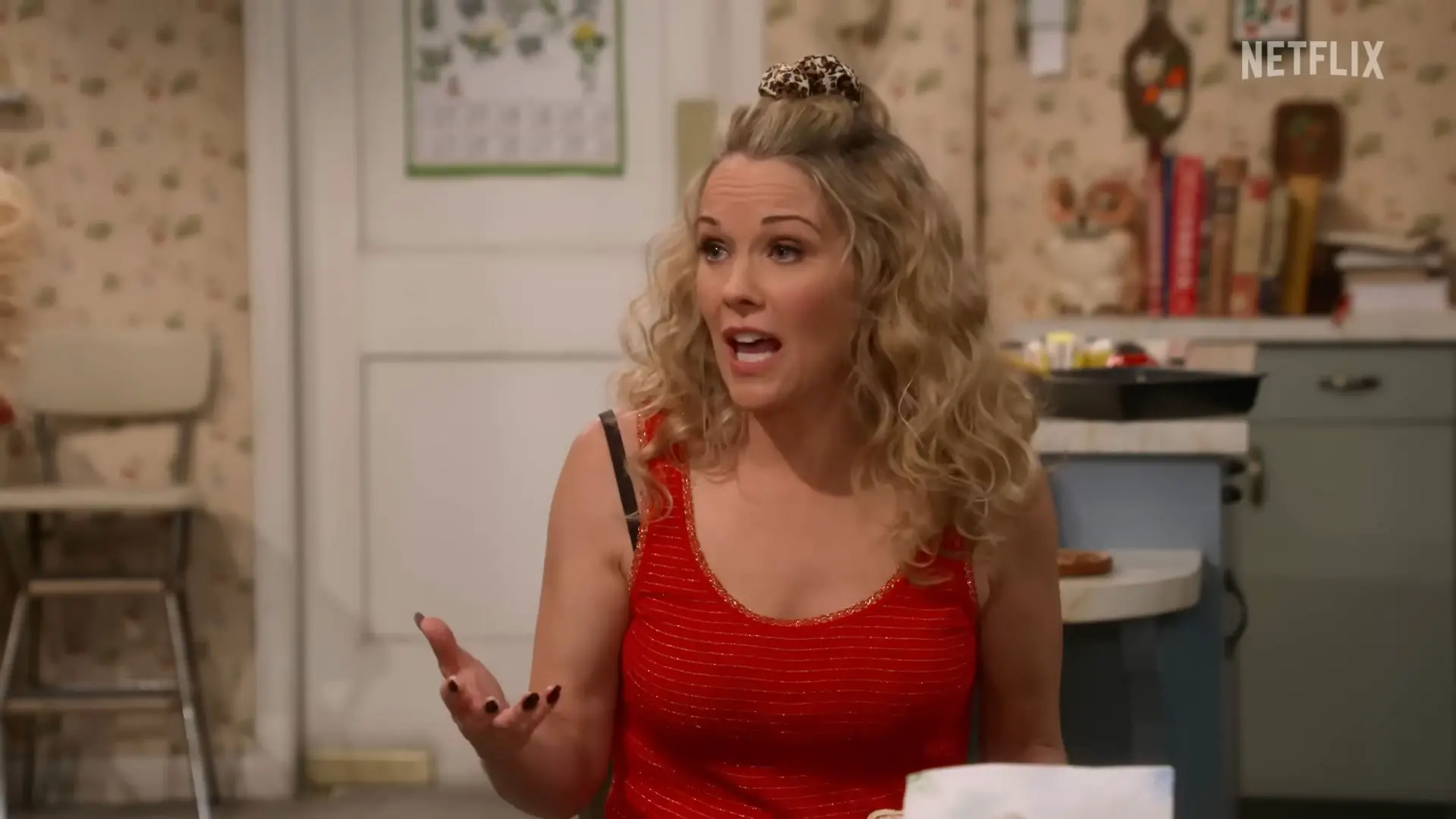
Sitcoms
Sitcoms, short for situational comedies, are a beloved television genre centered around a fixed group of characters in a consistent setting—often a home, workplace, or social hangout. These shows focus on everyday situations made funny through character dynamics, misunderstandings, running gags, and witty dialogue. Episodes are typically 20–30 minutes long and aim to entertain with lighthearted, relatable humor.
Classic sitcoms like I Love Lucy, The Mary Tyler Moore Show, and Cheers helped shape the genre with iconic characters, laugh tracks, and episodic formats. In these early sitcoms, each episode often ended with a resolution, restoring the status quo while reinforcing character traits and relationships.
The 1990s and 2000s saw the rise of ensemble sitcoms like Friends, Seinfeld, and Frasier, where humor stemmed from well-defined personalities interacting in familiar settings. These shows often included romantic tension, personal growth arcs, and catchphrases that became part of pop culture.
Modern sitcoms have evolved stylistically. Shows like The Office, Parks and Recreation, and Modern Family introduced a mockumentary format, dropping the laugh track in favor of more subtle, character-driven humor. Meanwhile, Brooklyn Nine-Nine and Ted Lasso blend comedy with heartfelt themes, touching on mental health, identity, and empathy without losing their comedic edge.
Sitcoms typically explore themes like friendship, family, work, and love—offering a comforting blend of comedy and connection. The humor often arises from how characters react to ordinary problems, making the genre widely accessible and enduring.
At their best, sitcoms provide more than just laughs—they offer emotional comfort, social commentary, and a sense of community. Whether binge-watched or enjoyed week by week, sitcoms remain a staple of television because they make the everyday feel entertaining, and remind us not to take life (or ourselves) too seriously.


How I Met Your Father



